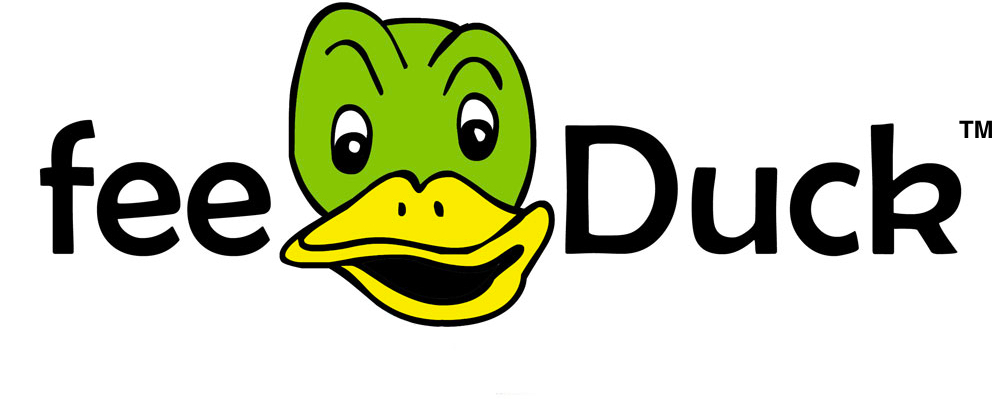Green Living in the City: Eco-Friendly and Sustainable Design Ideas for Toronto Homes

As the push for sustainable living gains momentum, Toronto homeowners are increasingly seeking eco-friendly design solutions that not only reduce their carbon footprint but also contribute to a healthier and more environmentally conscious lifestyle. We’ll explore innovative and practical design ideas for homes in Toronto, focusing on energy-efficient features and environmentally friendly materials that align with the city’s commitment to sustainability.
- Solar Power Integration:
Toronto experiences a significant amount of sunlight throughout the year, making it an ideal location for solar power integration. Homeowners can invest in rooftop solar panels to harness renewable energy and reduce reliance on conventional power sources. This not only lowers electricity bills but also contributes to a cleaner and more sustainable energy grid.
- Green Roofs and Walls:
Green roofs and walls are excellent ways to enhance energy efficiency while adding a touch of nature to urban homes. These installations provide insulation, reducing heating and cooling costs, while also promoting biodiversity in the city. Toronto supports green initiatives, and many homes and buildings are adopting these eco-friendly features.
- Energy-Efficient Windows and Doors:
Investing in energy-efficient windows and doors helps to improve insulation and reduce the need for artificial heating or cooling. Double or triple-pane windows with low-emissivity coatings can significantly enhance a home’s energy efficiency by minimizing heat loss during winters and heat gain during summers.
- Smart Home Technology:
Implementing smart home technology can lead to significant energy savings. Home automation systems allow homeowners to control lighting, heating, and cooling remotely, ensuring that energy is only used when necessary. Additionally, smart thermostats can learn and adapt to the household’s schedule, optimizing energy consumption.
- Sustainable Flooring and Finishes:
Opt for environmentally conscious materials when selecting flooring and finishes for your home. Bamboo, cork, and reclaimed wood are sustainable options for flooring, while recycled glass and concrete can be used for countertops. Choosing low-VOC (volatile organic compounds) paints and finishes also contributes to healthier indoor air quality.
- Rainwater Harvesting Systems:
Implementing rainwater harvesting systems is a sustainable way to collect and store rainwater for various household uses, such as watering gardens and flushing toilets. This reduces the demand on municipal water supplies and helps conserve this precious resource.
- Energy-Efficient Appliances:
Upgrading to energy-efficient appliances is a straightforward yet effective way to reduce energy consumption in the home. Look for appliances with the ENERGY STAR label, which indicates that they meet strict energy efficiency guidelines set by the government.
- Local and Recycled Materials:
Opting for locally sourced and recycled materials minimizes the environmental impact associated with transportation and manufacturing. Toronto has a thriving community of sustainable suppliers, making it easier for homeowners to choose materials that align with eco-friendly principles.
Embracing eco-friendly and sustainable design ideas for homes in Toronto not only benefits the environment but also contributes to a more resilient and energy-efficient urban landscape. By incorporating these design features and materials, homeowners can take a proactive approach to reducing their ecological footprint and contribute to the city’s commitment to a greener future. Toronto’s growing emphasis on sustainability makes it an exciting time for residents to explore these innovative solutions and make a positive impact on the environment.
Looking to Buy or Sell a home? Let feeDuck save you money, by having top tier real estate agents from the large brokerages compete for your business! Find out more about feeDuck, and our unique reverse auction platform on feeDuck.com
